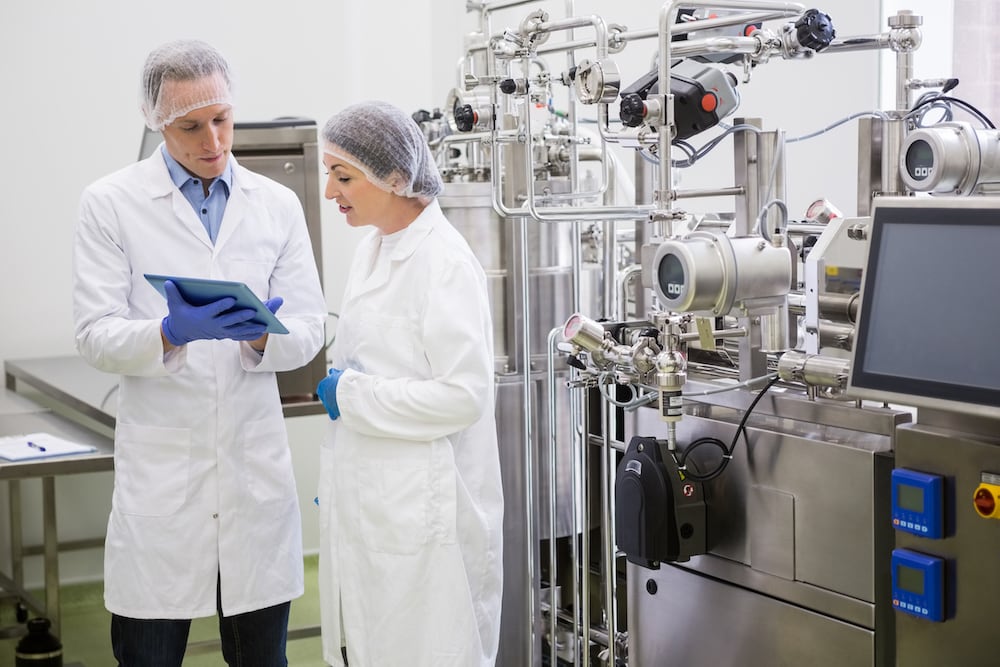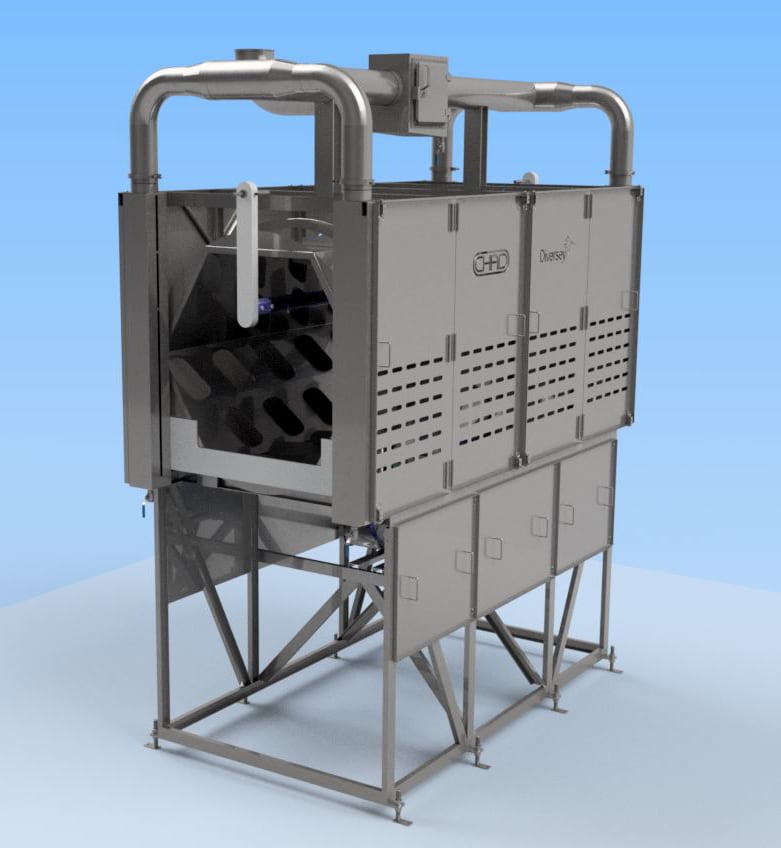Editor’s note:
Miles Murphy, Birko’s technical sales representative for the Pacific Northwest, is working towards a degree in food safety regulation where he’s studying the latest updates on food safety legislation and best food handling practices. He’ll share his learnings and insights on larger food safety trends, gained from his research and discussions with food production companies.
Yesterday, President Trump signed into law H.R. 1283 which is known as the “Securing our Agriculture and Food Act.” This bill will work as an amendment to the Homeland Security Act of 2002 and will require an allocation of $500,000 a year according to the Congressional Budget Office. The goal of this bill is to increase joint efforts between Homeland Security and the Department of Agriculture so that they are better able to respond to a bioterrorism incident.
This is a move in the right direction for a safer food supply but leaves me wondering, how can we focus on being proactive instead of reactive in response to an incident?
Since 2002, many food production facilities have adopted proactive practices such as photo identification, visitor control, training and physical security to combat any food defense vulnerabilities. However, as technology continues to evolve and more advanced security equipment becomes available, it can be cost prohibitive for many very small- to medium-sized producers. Upgrades to equipment such as video surveillance are also not useful until after an incident has occurred.
Instead, my suggestions for food companies are:
- Rely on personnel as a first line of defense to prevent bioterrorism incidents. This is especially true of employees with access to sensitive production areas.
- Understand your vulnerabilities and create a plan to address them.
- Provide training for employees with an emphasis on the certain areas that are more prone to an attack and educate them on potential threats to watch for and proper ways to respond.\
- Have designated personnel assigned to susceptible areas.
Additional resources on preventing bioterrorism can be found at:
https://www.fda.gov/food/fooddefense/
http://www.qualityassurancemag.com/article/aib1013-food-defense-program/
 Miles Murphy, Business Development Director, Birko, can be reached at [email protected] or (720) 305-7812.
Miles Murphy, Business Development Director, Birko, can be reached at [email protected] or (720) 305-7812.








